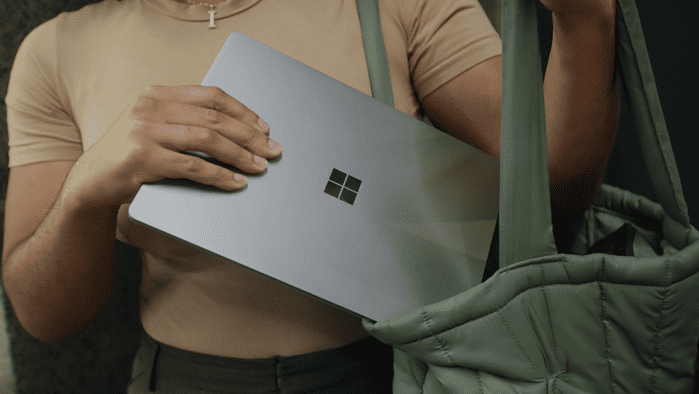Microsoft, PNNL bet on AI use to develop better batteries for your electronic devices
2 min. read
Published on
Read our disclosure page to find out how can you help MSPoweruser sustain the editorial team Read more
Key notes
- Microsoft & PNNL collaborate to use AI to develop better batteries.
- Its AI detected over 32 million of materials before picking out 500,000 promising ones for further exploration.
- Traditional methods would take much longer to test as many materials as the smart tech did in less than a week.

Microsoft and Pacific Northwest National Laboratory (PNNL), a DOE lab located in Richland, Washington, with global reach announced a three-year collaboration that could reduce the amount of lithium used in a battery by up to 70% in a compressed period of less than nine months.
The discovery was made possible by combining AI with high-performance computing (HPC) and cloud computing. Microsoft also promises that the new material is more sustainable, using less lithium than traditional lithium-ion batteries.
Microsoft’s AI went on a massive materials scanning spree, detecting over 32 million of them before picking out 500,000 promising ones for further exploration.
In just nine months, they showed that this approach can speed up innovation. Traditional methods would take much longer to test as many materials as the smart tech did in less than a week.
This is just the beginning of what is possible with AI in scientific research, and Microsoft is making its Azure Quantum Elements platform available to help researchers and developers across all industries make similar discoveries.
What’s next? The future focus for these companies will likely be on minimizing their dependence on lithium, a scarce and environmentally harmful resource, through the development of solid-state batteries with higher energy density.








User forum
0 messages